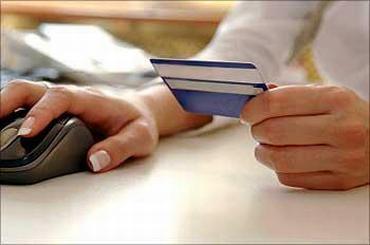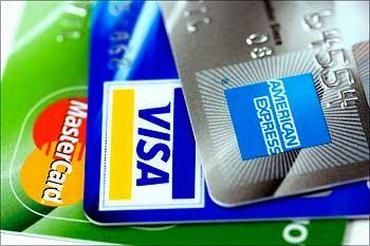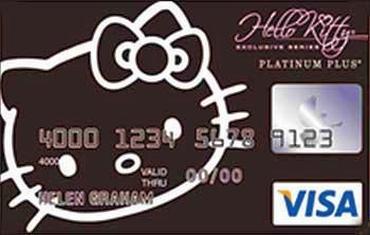
The creditor hath a better memory than the debtor: James Howell
At times credit cards come as a boon to the working class, to make immediate transactional payment and postpone the actual payment of the funds. It also comes handy when there is an emergency situation and you have run out of cash.
During the period of global economic boom (2003-2007) there was indiscriminate issue of credit cards which were often misused. During recession, the card issuing companies have learnt the lesson hard way and they are leaving no stone unturned to make sure that only the right people get new cards.
These days it may be a little difficult to get a fresh card.

There are several conditions that banks look at before giving out credit cards. There are proofs required under various categories and requirement to prove credit worthiness before a card is issued to you.
All applicants applying for a credit card have to be above 18 years old.
Minors cannot apply for a credit card.
Documents required for proof of income
Various categories of applicants are required to submit documentary proof of their income for ascertaining their repayment capacity and their credit card limit.
The documentary proof of income may be submitted in any of the below mentioned forms:
Additional documents:
The under noted additional documents will help in priority processing of the application for issue of credit card:

In case applicant is holding any other credit card, last three months credit card statements indicating regular payments. (Card tenure should be more than 3 months). Photocopy of the front and back of the card.
or
Repayment on any other unsecured product (personal loans etc.), proof of the loan account being greater than 6 months.
or
Repayment schedule of auto loans for at least 6 months (account older than 6 months)
Usually the above-mentioned documents are required over and above the standard documentation requirements.
Several banks have clients who apply for the credit cards and are exempted from submission of the documentary proof of income, in case they fulfil certain criteria to do with minimum deposits in their:
Banks also check if there any unsatisfactory conduct in preceding 6-12 months in terms of bounced cheques or on any other account
Banks sometimes transfer the information that they receive to credit reference agencies about customers who apply for a loan/overdraft/credit card for purposes of credit reporting, verification and risk management. They exchange the information about customers with reputable reference sources and clearinghouse services.

Given the state of the economy and the rising debt burdens, many people are left wondering whether they really need credit cards. The answer to this question lies in how well you can manage your money and whether or not you are prone to overspending.
Let's take a look at some of the reasons why credit cards are essential for some, and deadly for others.
Credit cards are a useful tool and when used correctly, they can benefit you in many different ways. While many people focus on the main benefit of being able to purchase something in an emergency or whenever they want, even if they don't have the cash on hand, their actual main benefit is what a credit card can do for your credit score.
When paid promptly, and not abused, a credit card can actually help you get a loan in the future, or help you qualify for better interest rates, because you will have built up a solid credit history that a bank can trust. This also works for those with poor credit rating and are looking to improve it.
The key to your credit cards to work for you and your finances is to minimise how often you use them, pay them on time and in full, and limit how many you have.
For example, if you have one or two good credit cards, you really don't need five more. By limiting how many you have and keeping those balances as low as possible, you'll be doing your credit score a big favour.